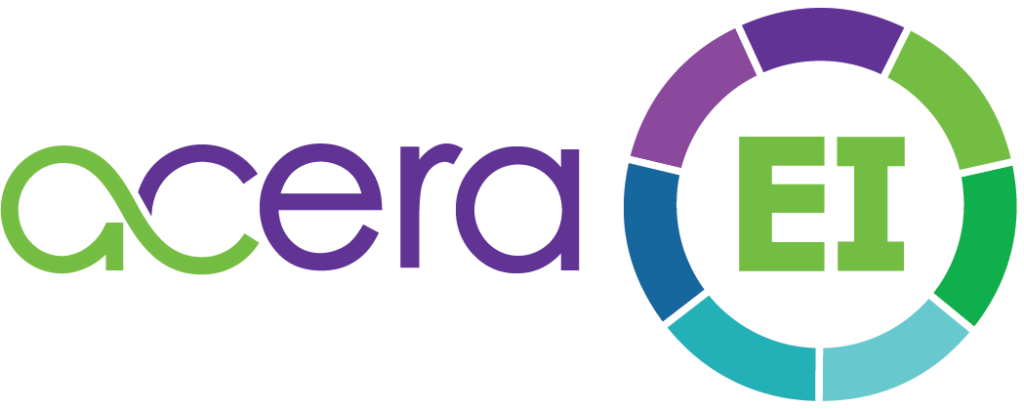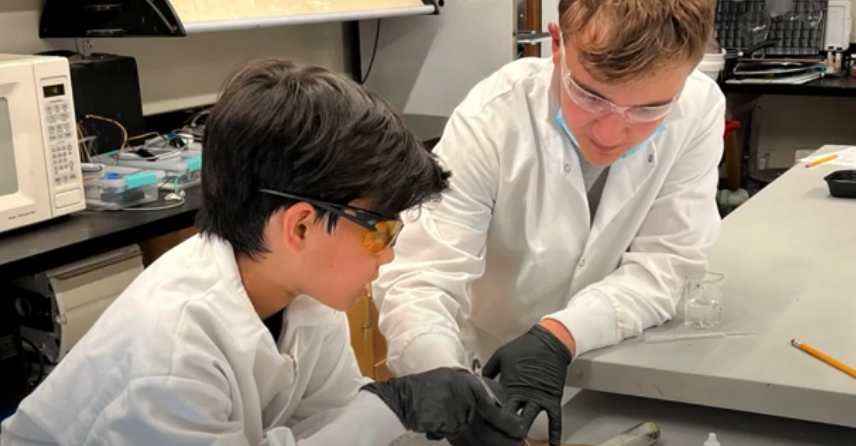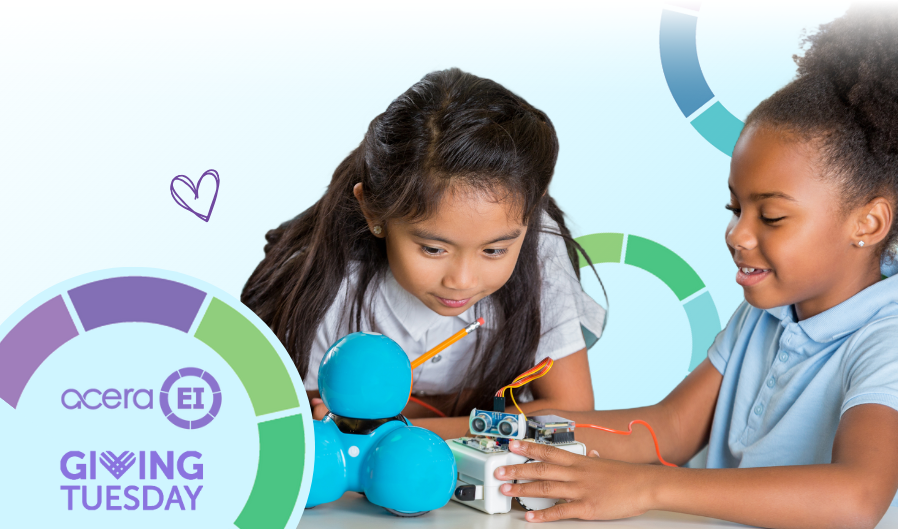Pyne Arts is a K-8 school serving 503 students in Lowell Public Schools. 75% of students are identified as high needs, 60.6% of students are identified as low-income, 22.5% are identified as new English Language Learners, and 25% of students are identified as having a disability.
Hypothesis: Wendy Crocker-Roberge, principal of the Pyne Arts School wanted to expand access to hands-on STEAM learning incorporating student voice at Pyne. She saw this as a key intervention to close the equity and opportunity gaps for her students.
Theory of Change: Through providing customized professional developments, galvanizing and mobilizing a teacher leadership team, and creating more opportunities for choice within the school day, student engagement, attendance, and test scores would rise.
Action Steps: Through a collaborative action planning process, we backwards mapped what the vision of hands-on STEAM integration throughout the school would look like. From this, we designed and implemented professional learning in STEAM Integration and instructional design, with a focus on design thinking, arts, engineering, and technology to leverage student choice and access, and schedule changes for more choice and learning in STEAM.
Results and Impact
- 93.7% student attendance
- 53% reduction in students failing courses
- 15% reduction of chronic absenteeism
- 60% increase in family engagement


